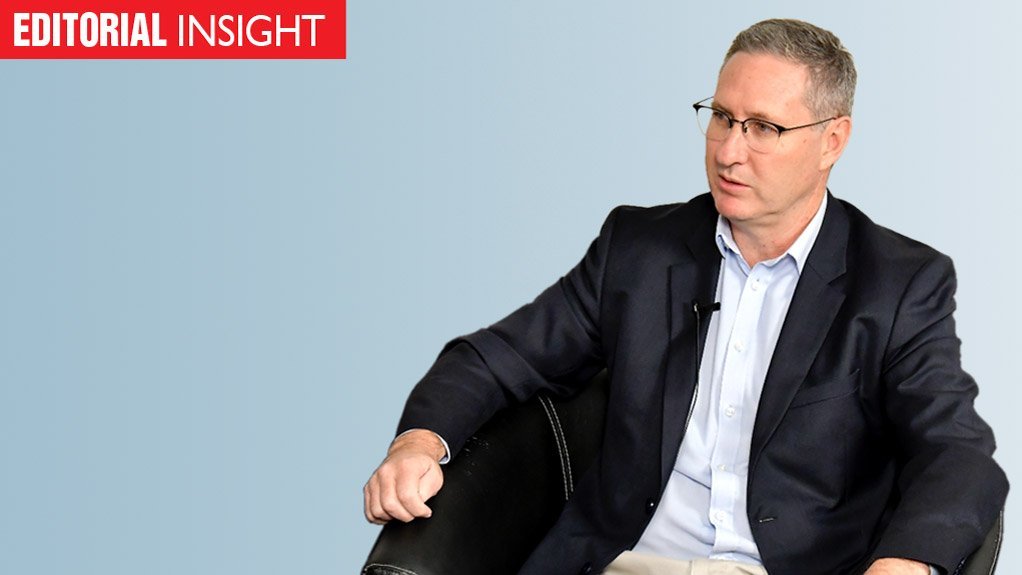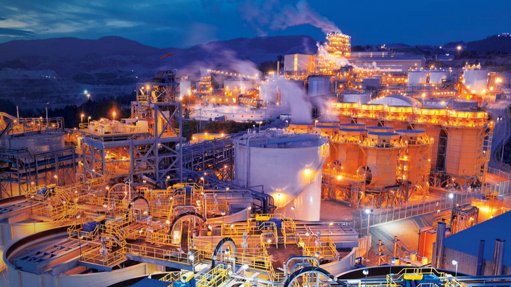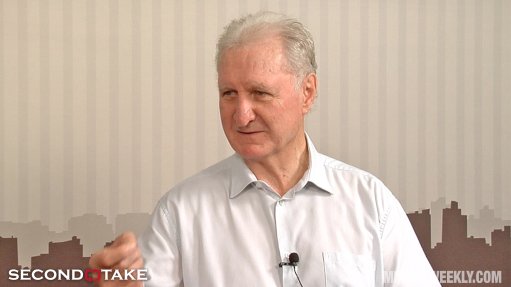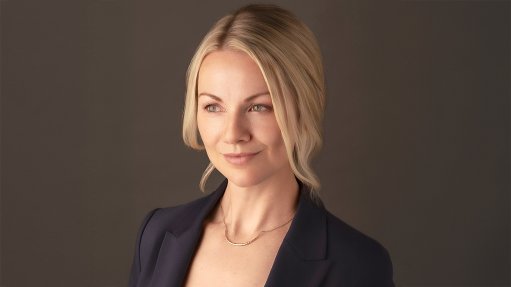Here to Stay
During a recent interview with Stephen Sackur, the presenter of BBC HARDtalk, World Health Organisation special envoy for Covid-19 Dr David Nabarro made it painfully clear that humanity will be living with the Covid-19 pandemic for many months to come, if not years. In response to Sackur’s question about how long the world will continue to have to live with the threat of infection, Naborro responded bluntly: “This virus, we think, is not going to go away. Period!”
Unless and until a treatment and/or a vaccine is discovered (and there are many positive developments on that front) countries, cities and communities will have to find ways to live, work, learn and interact while mitigating the risk of infection and the rate at which the virus spreads. Nabarro said there were already examples emerging that pointed to the possibility of transitioning from lockdowns, by putting in place defences against the uncontrolled spread of Covid-19. Such defences would necessarily include clear protocols for how to react if there are new waves of outbreaks.
As with lockdown rules, there will no doubt be significant differences and similarities in the way countries seek to respond to the Covid-19 threat during the post-lockdown phase. For South Africa, this transition is already well under way, with several industries having resumed business, albeit not business as usual.
What is critical as we enter this new phase is not to become fatalistic about the disease, but rather to intensify our collective activism in new ways. Our post-lockdown behaviour will be the key determinant of whether or not the Covid-19 reproduction rate rises exponentially, or whether it remains below a threshold where our healthcare system can continue to respond effectively.
South Africans would be making a grave error should we adopt a fatalistic stance that assumes the only way to beat the virus is to build herd immunity. If we do take up such a position, the rate of infection is likely to surge at a pace and scale that will break our healthcare defences.
It would surely be far more prudent to become activists instead – ones who are determined to keep infection rates low so as to ensure those in need of critical care can receive it, as well as to create more space and time for the discovery of a remedy.
The twin objectives, therefore, should be lower infection rates, but higher economic and learning rates. Achieving such seemingly contradictory goals is likely to mean that business and learning will have to take place under very different conditions so as to facilitate ongoing physical distancing while supporting an intensification of tracing and testing.
To be sure, this next phase will require even more discipline and social cohesion than was shown by most citizens during the March/April lockdown.
Article Enquiry
Email Article
Save Article
Feedback
To advertise email advertising@creamermedia.co.za or click here
Press Office
Announcements
What's On
Subscribe to improve your user experience...
Option 1 (equivalent of R125 a month):
Receive a weekly copy of Creamer Media's Engineering News & Mining Weekly magazine
(print copy for those in South Africa and e-magazine for those outside of South Africa)
Receive daily email newsletters
Access to full search results
Access archive of magazine back copies
Access to Projects in Progress
Access to ONE Research Report of your choice in PDF format
Option 2 (equivalent of R375 a month):
All benefits from Option 1
PLUS
Access to Creamer Media's Research Channel Africa for ALL Research Reports, in PDF format, on various industrial and mining sectors
including Electricity; Water; Energy Transition; Hydrogen; Roads, Rail and Ports; Coal; Gold; Platinum; Battery Metals; etc.
Already a subscriber?
Forgotten your password?
Receive weekly copy of Creamer Media's Engineering News & Mining Weekly magazine (print copy for those in South Africa and e-magazine for those outside of South Africa)
➕
Recieve daily email newsletters
➕
Access to full search results
➕
Access archive of magazine back copies
➕
Access to Projects in Progress
➕
Access to ONE Research Report of your choice in PDF format
RESEARCH CHANNEL AFRICA
R4500 (equivalent of R375 a month)
SUBSCRIBEAll benefits from Option 1
➕
Access to Creamer Media's Research Channel Africa for ALL Research Reports on various industrial and mining sectors, in PDF format, including on:
Electricity
➕
Water
➕
Energy Transition
➕
Hydrogen
➕
Roads, Rail and Ports
➕
Coal
➕
Gold
➕
Platinum
➕
Battery Metals
➕
etc.
Receive all benefits from Option 1 or Option 2 delivered to numerous people at your company
➕
Multiple User names and Passwords for simultaneous log-ins
➕
Intranet integration access to all in your organisation




















